Цели:
Познавательный аспект: расширить знания учащихся о театрах и их роли в развитии общества с древних времен и в современном мире;
Развивающий аспект: развивать любознательность, кругозор учащихся;
Воспитательный аспект: воспитание уважительного отношения к культуре древних народов , значимости театра в жизни общества как разновидности искусства.
Оборудование: театральные маски, куклы - марионетки, игрушка Петрушка, два персонажа английского театра Джуди и Панч, презентация о театрах.
Ход мероприятия:
Teacher - boys &girls. Today we have the final lesson from the unit devoted to theaters. We got to know some interesting information about them & their role in the life of the people. The name of the unit is « Let’s go to the theatre» & we begin our virtual trip to the theatre.
(Слайд 1 Большого театра г. Москвы)
I want to ask you the question what kind of theatres do we have in our town?
(Слайд 2 драматического театра в Иркутске)
(Слайд3 - Театр юного зрителя г. Иркутск)
(Слайд 4 Театра кукол)
(Слайд 5 музыкального театра старое здание г. Иркутска)
Pupil 1 we have Drama theatre, Musical Comedy theatre, Puppet theatre, Young spectator theatre.
(Слайд 6 спектакля в театре кукол)
Pupil 2 Our Puppet theatre makes a puppet show for small children & their parents. It shows very interesting performances with the characters from Russian tales: foxes, bears, wolves & other animals.
(Слайд 7 сцена театра)
Pupil 3 we can watch contemporary performances there too about the life of the modern society & its problems. (Слайд 7 спектакль в драматическом театре).
Teacher: well & now I want you to tell me what you know about ancient theatres?
Pupil 4
The theatres in ancient Greece were very big. There were seats for 10. 000 people. Actors played outside from morning until evening in daylight. The plays in ancient Greece were about the god Dionysus. They were comedies or tragedies.
Pupil 5
Masks were very important in Greek drama. All the actors were men. They all played several roles in one play. During the play the actors chanced the masks to play different characters. (Слайд 8 развалин древнего театра в Греции)
(Слайд 9 древнего театра)
(это кувшин с изображением театральной маски был обнаружен в Греции)
(Слайд 10)
Pupil 6 Masks and costumes helped the audience to see different characters from a great distance because theatres were very big.
Pupil 7 Masks were made of clay. They had a wig to cover the head & they had wide open mouths so that actors could speak easily & loudly through them.
Pupil 8 Masks were in different colors. The color of the mask showed that a character was very angry; the yellow mask showed that the character was ill, & the red mask said that the character was very sly.
Pupil 9 now the traditional “Comedy Tragedy” masks are the symbol for THEATRE. It helps to remember the first theatres in ancient Greece
( на доске в кабинете оформлены фото разноцветных масок)
(Слайд 11)
Teacher: so when we go to the theatre we are happy to meet our friends there. During the break we can have a rest in the cozy hall and change our opinions about the performance and the actors’ play.
(Слайд 12 холл театра)
Teacher: Where do we go to buy the tickets?
Pupil we go to the box office.
Teacher: now two boys show you the dialogue between the clerk and the customer.
Clerk: can I help you?
Customer: yes. Can I have two tickets for the show, please?
Clerk: Sure. What time?
Customer: At 6 o’clock
Clerk: Let me see is row 7 OK?
Customer: Yes, that’s fine. Somewhere in the middle, please
Clerk: Here you are. That’s 10 pounds, please
Customer: thank you.
Clerk: you are welcome.
Teacher: well. Let’s repeat all together: we go to the box office, buy the ticket where the row & place is written and we take our place & enjoy the show.
Pupil: long before we had radio, cinema or television there were puppet shows. Children and their parents saw then in many countries. In Russia we had Petrushka. In England they had Punch & Judy. In England you can still see some traditional Punch & Judy shows on the beaches in summer.
Teacher: now we are on the show in England.
(Pupils play their roles).
Punch :( comes up and dances jumping about, clapping, bowing & singing) How - de - do - de - doo! Oh, hello everybody, hello, every… Judy! Judy! Where are you? Come here, my dear.
Judy: Oh, mister Punch, I am here. Are you hungry, mister Punch?
Punch: nods: yes.
Judy: I’ll go to the kitchen & make you a sandwich.
Teacher: now I want you to work in pairs & interpret this dialogue
Pupil 1: do you know that puppetry is a very ancient form of art?
Pupil 2: There is the evidence that puppets were used in Egypt as early as 2000BC. Puppets made of clay& ivory were found in Egyptian tombs. Puppets are controlled by people. Some puppets fit over the hand or the finger. Others have stings or rods that are moved from above below.
Весь материал – смотрите документ.

 Получите свидетельство
Получите свидетельство Вход
Вход



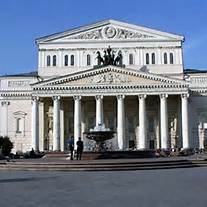




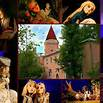
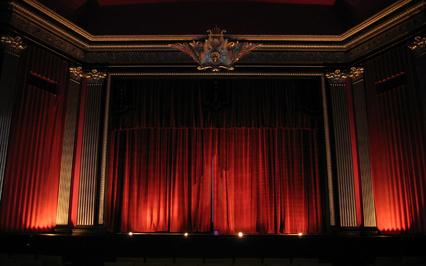

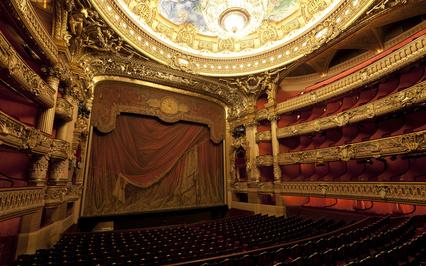

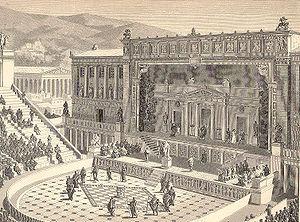
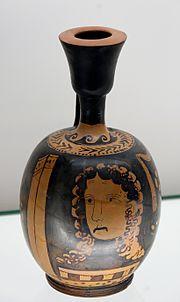
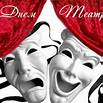
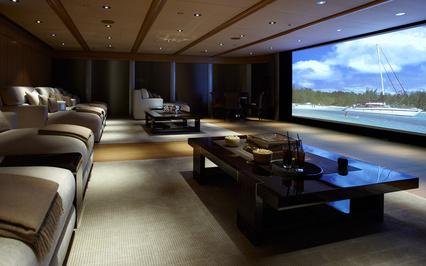
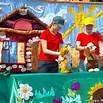
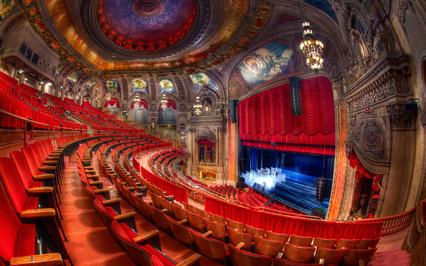









 Внеклассное мероприятие по английскому языку "Театр" (0.6 MB)
Внеклассное мероприятие по английскому языку "Театр" (0.6 MB)
 0
0 1654
1654 63
63 Нравится
0
Нравится
0


